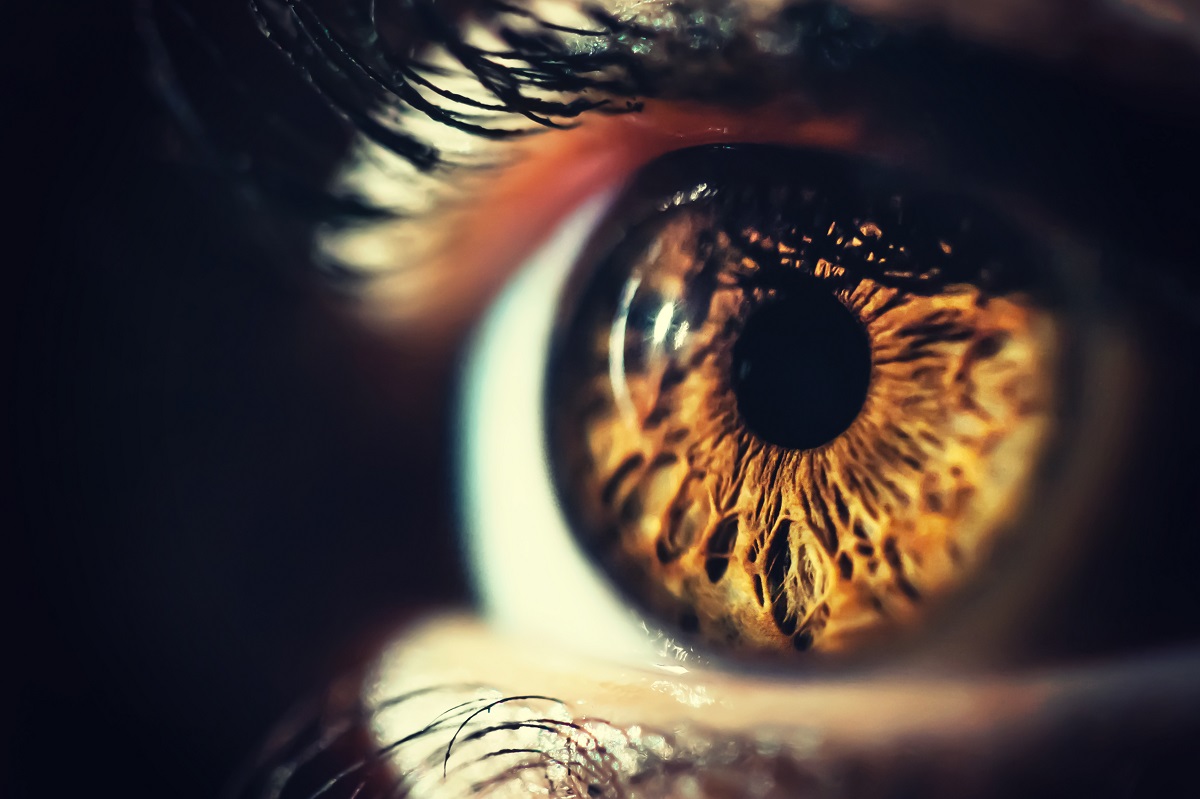Of your five primary senses – sight, hearing, smell, taste, and touch, which are you most afraid of losing? If you’re like most people, your answer is your ability to see. Our eyesight is precious; it helps us see a world of vibrant colours and enjoy the pleasure of seeing a loved one smile. It is, therefore, evident that we need to pay particular attention to taking care of our eyes.
Below, find out a list of things you should do to keep your eyes in good health.
#1 – Eat well
As a child, when you were prodding and picking at your carrots, your parents must have told you that carrots were good for your eyesight in desperate attempts to get you to clean your plate. Well, there’s some truth to it. That’s because it contains high amounts of lutein, a common antioxidant that’s thought to play a central role in protecting your eyes against harmful blue light.
And it’s not just lutein that’s good for your eyes, either. Research suggests that you should eat a healthy diet that’s rich in vitamin C and E, omega-3 fatty acids, and zinc to maintain healthy eyesight. Excellent food sources to include on your plate, therefore, are leafy greens – such as spinach, kale, and collard greens – and fatty fish, like salmon, tuna, and halibut. If your diet is lacking, however, you can look out for eye vitamins that are rich in the nutrients as mentioned earlier.
#2 – Use protective eyewear
If you’re exposed to hazardous or airborne materials at home or on the job, wear safety glasses and protective goggles. Also, if you’re an athlete who plays ice hockey, racquetball, and lacrosse, be sure to wear helmets fitted with sports goggles or protective eye masks to shield your eyes from potential injuries.
Protective eyewear extends beyond safety goggles; remember that your eyes can burn, too. Just like how you protect your skin from the sun’s harmful rays with sunscreen, you should also protect your eyes with sunglasses. Ensure that the ones you get block at least 99% of UV-A and UV-B radiation. For extra protection, look out for polarized sunglasses – these can block glares by filtering out horizontal light waves.
#3 – Visit your eye doctor regularly
Visiting an ophthalmologist isn’t only reserved for those who’re only having issues with their eyesight. Regular visits to an eye doctor where you undergo a dilated eye exam can help uncover eye diseases – some of which have no presenting symptoms at first – in the early stages while treatment to prevent vision loss is most effective.
Here are a few examples of common eye diseases that regular visits to the eye doctor can help catch early on:
- Cataracts – A cataract is a clouding of the lens in the eye, which leads to a decrease in vision.
- Diabetic retinopathy – A diabetes complication that causes damage to the blood vessels in the back of the eye, leading to blindness.
- Glaucoma – A group of eye conditions that damage the optic nerve which is responsible for transferring visual information from your retina to the vision centres of your brain.
So, if it’s been more than a few years since you last saw an eye doctor, or if you’ve never seen one before, it’s time to schedule for an appointment now.

